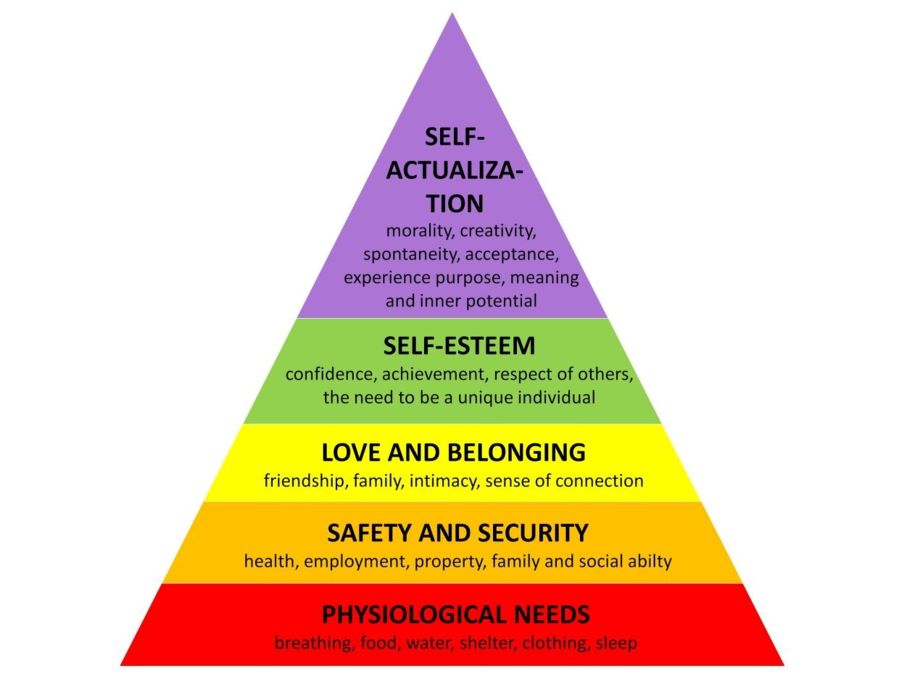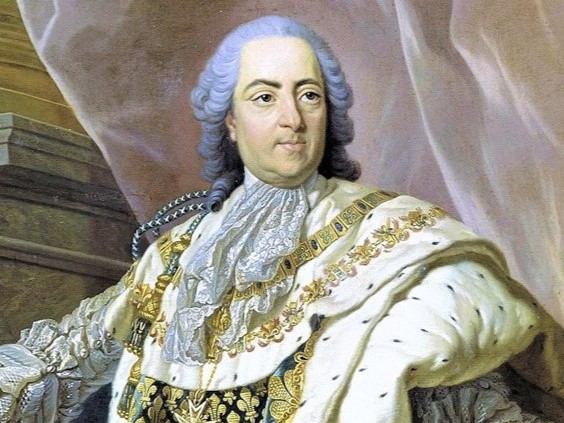If the HODLers are right, they’re also the new Elites.
Not in a “my thumbdrive will make me the Duke of West Hartford in this post-apocalyptic hellscape” sort of way, but in ugly-but-mainstream scenarios with ugly-but-mainstream power/wealth transfers.
Younger generations today feel like they don’t have a chance. Whether it be rising home prices or income and wealth inequality, they feel that they are starting with a significant disadvantage relative to older generations. One of the responses to this has been to resort to more aggressive gambling when it comes to their investments and their lives. Whether it be sports gambling or investing in riskier investments, some have sought to overcome their starting position by making risky bets. In this episode, we take a deep dive into this idea of financial nihilism and look at its real world implications. We also discuss Elon Musk’s treason allegations against Joe Biden and also look at the amazing behind the scenes story of the creation of the song “We Are the World.”
That which we call QE by any other name would smell as sweet.
I think if Shakespeare were reincarnated as a Fintwit luminary, that’s how he’d rewrite the Juliet bit about roses, at least if he were thinking about what’s happening in bank regulation today.
This is the privatization of QE and debt monetization.
The Fed’s inflation-fighting credibility is shot and everyone in Washington and on Wall Street is in the bag for nominal growth, ie Number Go Up on EVERYTHING, through the November election.
After that … well, as Louis XV so aptly put it: après moi, le déluge.
Wheeee!
The Boomers have all the money. The American Dream of upward mobility is dead for you. That is Financial Nihilism.
So if you’re on the wrong end of this, what do you do about it?
You gamble. You f**king gamble.
Recent major media stories that feel to us like they’re part of a larger narrative campaign.
I got some more color from Rusty on the shift in our Narrative Monitors this month from hawkish to dovish central bank narratives, and I thought it was well worth forwarding to everyone.
Recording of last Friday’s private credit working group call, along with a transcript for those who prefer reading over video.
The main takeaway is that we are increasingly thinking that the expansion in private credit is less of a ‘bubble’ than it is a structural transformation within capital markets.
Recent major media stories that feel to us like they’re part of a larger narrative campaign.
I think the reason real assets like commodities are typically so disappointing in their inflation-hedging reality relative to their inflation-hedging theory is that they have no inherent pricing power. They only have a market story – and a mechanistic one at that – that they are an inflation hedge. It works for a while because enough people tell the story and believe in the story, until it gets trounced by another story, like growth/recession or supply-and-demand.
Is private credit any different?




